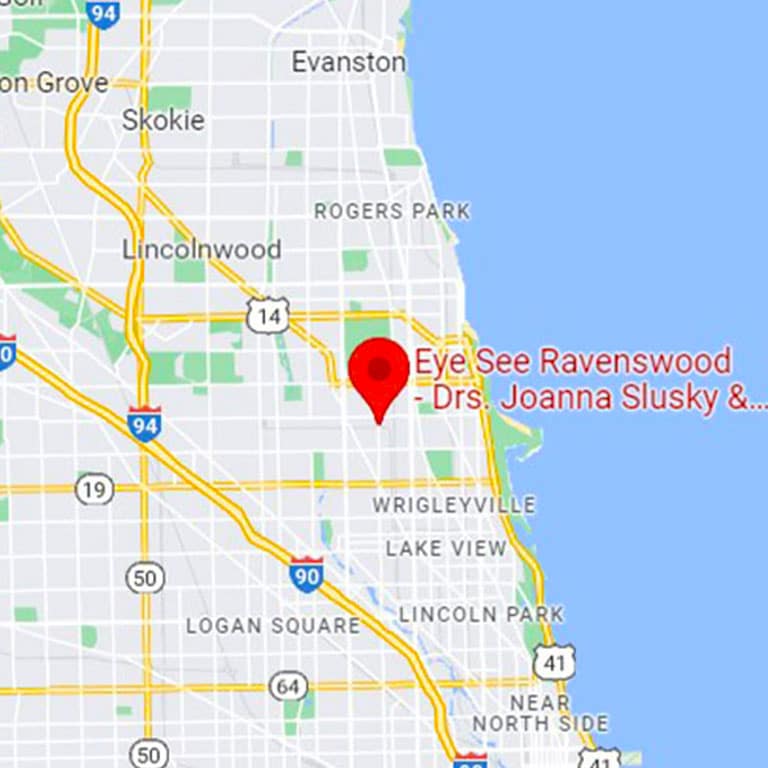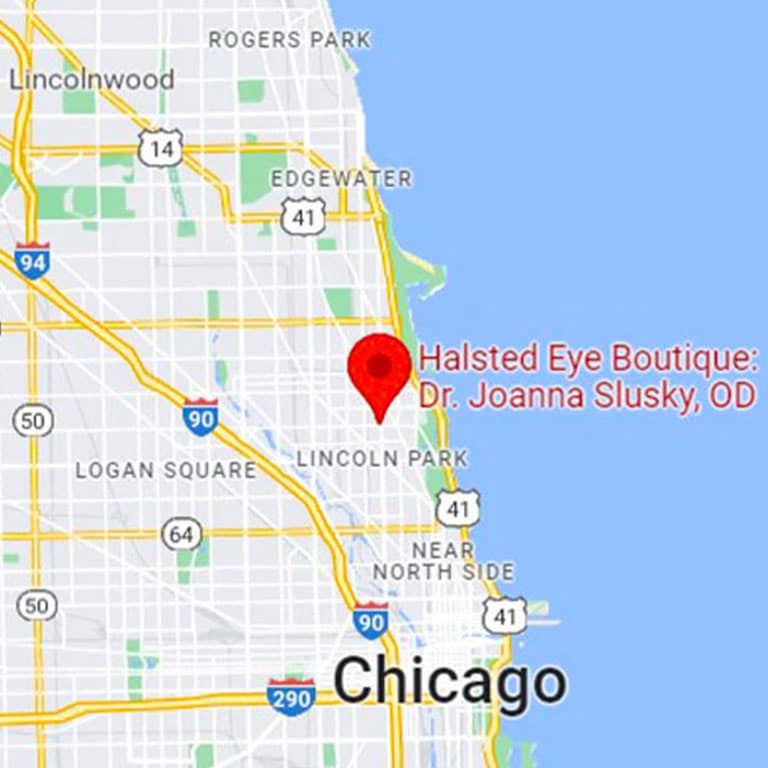Spring Allergies and Managing Your Itchy, Red Eyes
Spring is a time when the snow begins to melt, the sun starts to shine, and the flowers start to bloom, but for some people, it signals something completely different — the arrival of allergy season.
Spring allergies can cause you to experience a number of different symptoms, ranging from coughs and sneezes to congestion and hives, but there is one symptom — itchy, watery, red eyes — that is extremely frustrating and can really impact your day-to-day life. Itchy, red eyes caused by allergies can make it difficult for you to see and even concentrate. Luckily, there are some things you can do that will help you find relief from itchy, watery eyes.
Work to identify your allergy triggers
Allergies occur when the body reacts in an abnormal way to a relatively normal and harmless substance or object. The best way to manage your allergies is to identify what allergens cause you to experience symptoms and then work to avoid or reduce your exposure to these allergens.
Common allergens can be found both outdoors and indoors. Some examples of common allergens include:
- Tree, grass and weed pollen
- Dust mites
- Mold
- Perfume
- Heavily scented objects
- Pet dander
If you have difficulty identifying which allergens are causing you to experience symptoms, you may want to consider undergoing allergy testing. Allergy testing can provide you with a comprehensive list of common allergens that you should avoid.
Ways to limit your exposure to common allergens
Making simple lifestyle changes can help you limit your exposure to common allergens. Some lifestyle changes that will help you avoid common allergens include:
- Wearing sunglasses even if it isn’t extremely sunny. The sunglasses can work as a protective barrier that prevents allergens from coming into contact with your eyes.
- Closing windows and making sure the seals around the windows are tight. Closing windows during the spring season will prevent common allergens from coming into the house.
- Drive with the windows closed.
- Use the air conditioner. Using the air conditioner not only prevents allergens from entering the house through an open window, but it allows you to be exposed to fresh, filtered air that is free of most allergens.
- Wear glasses instead of contacts. Some allergens can get stuck on your contacts, which causes you to experience red, itchy and watery eyes.
OTC and prescription medicines may provide symptom relief
Making certain lifestyle changes may provide you with some allergy relief, but it might not stop all your symptoms. If you continue to experience itchy, red eyes, over-the-counter medications or prescription medications may be able to help you find relief.
Over-the-counter medications, such as antihistamine eyedrops and tablets, often are able to provide relief for mild-to-moderate spring allergies. People who suffer from severe spring allergies or who find OTC medications aren’t working may need prescription medication.
There are several different types of prescription medications that can help reduce or eliminate any symptoms you experience from spring allergies. Common prescription medications include strong antihistamines that are available in eyedrops or tablets, decongestants, mast cell stabilizers, steroids and nonsteroidal anti-inflammatory drugs.
An optometrist, such as Dr. Stein, can help you find the right OTC and prescription medication that will help you find relief from red, itchy eyes caused by allergies.
Unable to find relief for red, itchy eyes? Schedule an appointment with an optometrist.
Finding relief for red, itchy eyes caused by spring allergies can be difficult. If you are having trouble managing your allergy symptoms and continue to suffer from red, itchy eyes, you should schedule an appointment to see Dr. Stein at Eye See Ravenswood.







Leave a Reply
Want to join the discussion?Feel free to contribute!